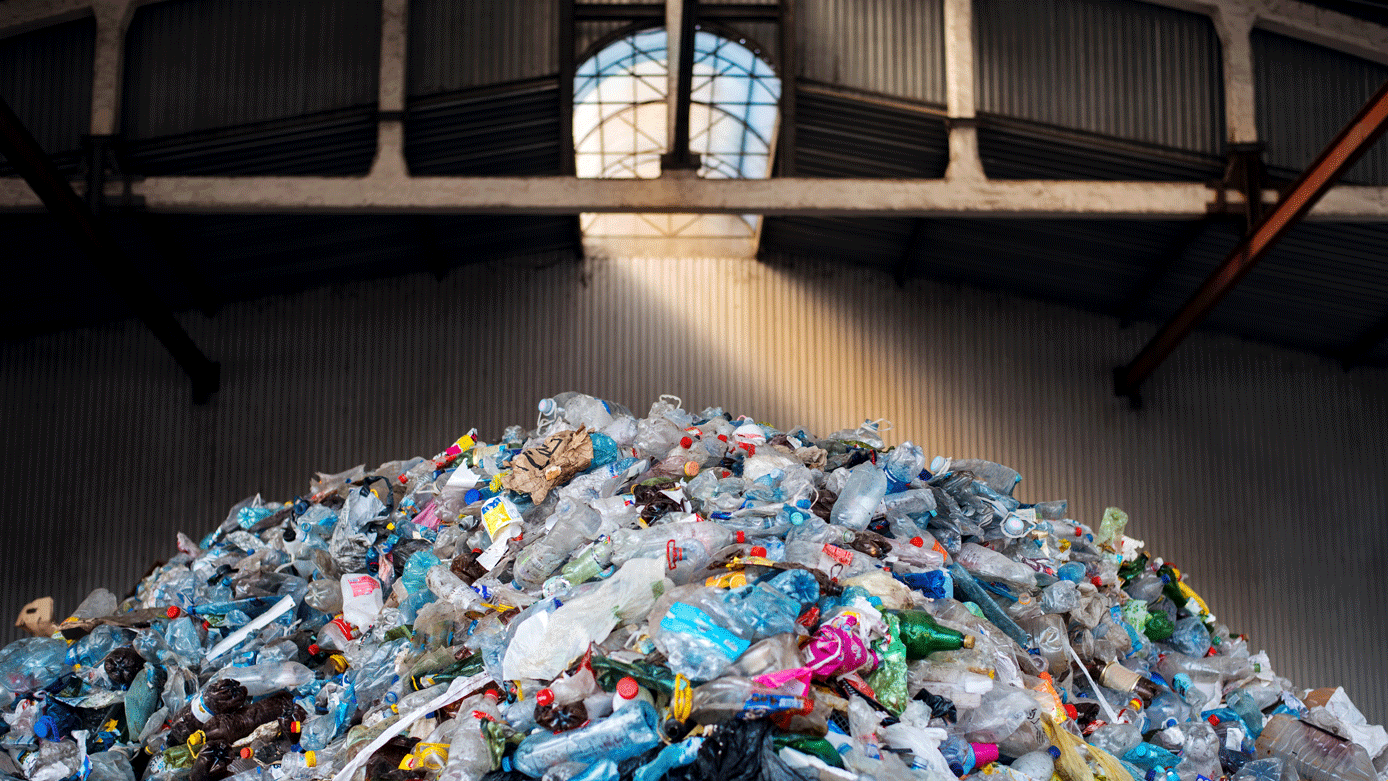In our daily life, plastic is inexorably present. American consumers use and then throw away about 110 pounds of plastic each year. However, often consumers are uninformed about the origin and consequences of its use.
History of plastic
Plastic was invented at the beginning of the last century and quickly became an important part of everyday life. To understand the origin and importance of plastic, it is important to look at people's passion for it.
The key to understanding the spread and impact of plastics is in facing the needs and preferences of their time, as well as in the ability to meet the demands of an increasingly advanced and diverse society.
Accordingly, plastic has become an integral tool in our daily use, emerging as an easy and convenient solution to our consumption and resource utilization needs.
Use of plastic
The US military first experimented with the use of plastic during World War II, making it a common material for universal use.
After this period of experimentation, the production and use of plastics increased even more.
Fossil fuels and plastics
- About 98% of plastics are produced from fossil fuels.
- The world's leading plastics companies are closely tied to the fossil fuel industry.
- More than 99% of plastic is made from fossil fuels, causing a huge negative impact on the environment and health.
- Microplastics, which are formed from the degradation of plastics, are a serious concern for the environment and our health.
To save our planet from the harmful effects of plastic and fossil fuels, a paradigm shift is necessary. Initiatives like Earth Day, anti-plastic plans drive awareness and action to combat plastic pollution.
By encouraging awareness and everyday action, we can move towards a cleaner and more sustainable future for all. Keeping current environmental challenges in mind, it is important that we take immediate action and engage in global efforts to limit pollution and preserve natural resources for future generations.






